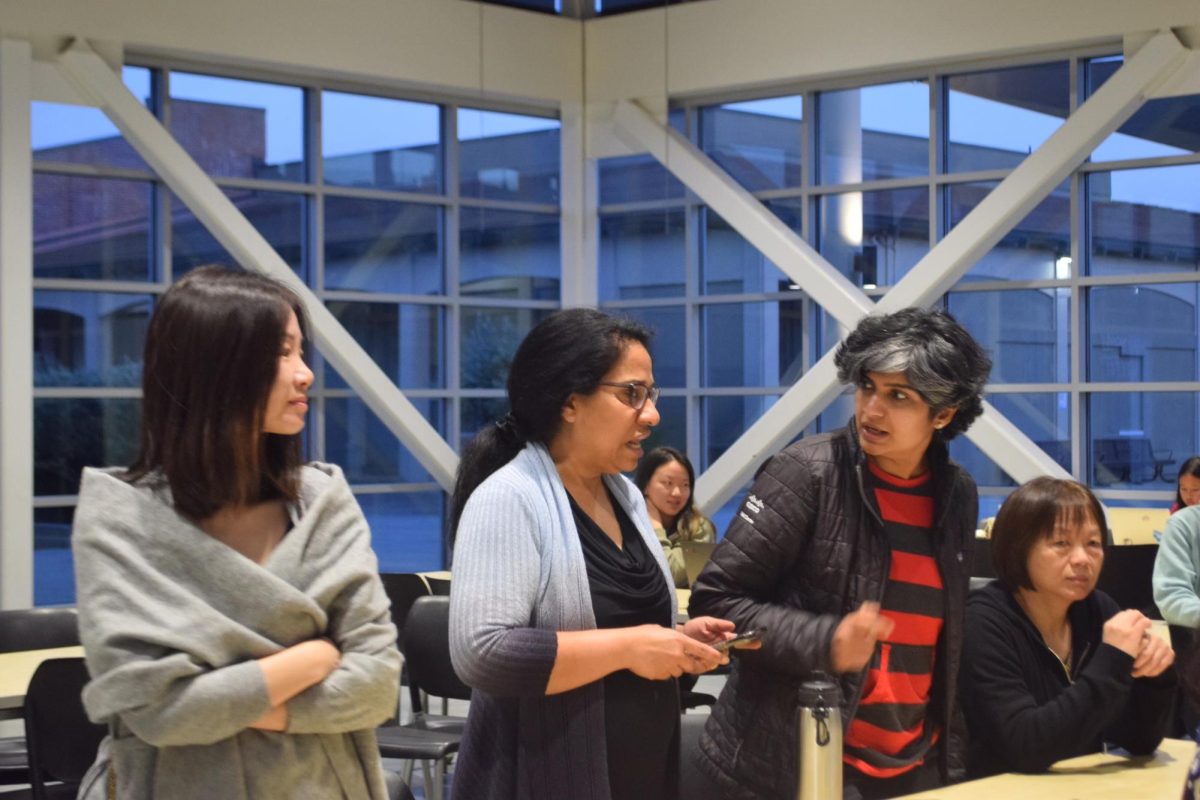At the beginning of this school year, sophomore Michelle Wang was struck with inspiration.
As the Projects Team leader for Leo Club, her task was to create an overarching, annual project for the club. Previous Leo Club projects included Project OneSight, which was a campaign to provide glasses for the visually impaired in impoverished countries where such resources were not readily available.
Wanting to pursue something that promised local outreach as well as international impact, Wang decided to partner with the Special Olympics organization of Northern California. Wang pursued this organization because she helped organize a Special Olympics event last year.
“Disabled kids are often ostracized in society, but Special Olympics really brings them together and instills in them passion.” Wang said. “It also helps the volunteers realize how fortunate they are and to appreciate what they have.”
Treasurer junior Megha Prasad echoes this sentiment. “It is so important to appreciate the underprivileged in our society, Prasad said.
Leo Club will first bring MVHS volunteers to help out in Special Olympics events, and if enough people are interested, will start integrating the local Cupertino community into this effort.
President senior Jessica Ho said, “This project is unique in the sense that it’s not just [MVHS students] who will be working with the Special Olympics students; we will eventually involve the entire community into our efforts.”
The concept for Special Olympics was developed in the early 1960s in Maryland, when Eunice Kennedy Shriver started a day camp for people with intellectual disabilities. Her initiative rapidly garnered recognition and momentum, and in 1968 the first International Special Olympics Games were held at Soldier Field, Chicago, bringing together over 1,000 athletes with intellectual disabilities. Since then, Shriver’s vision has burgeoned into one of the most successful sports and volunteer organizations in the world. There are Special Olympics chapters in every state and in more than 150 countries worldwide, serving more than three-million Special Olympics athletes.
In 1995, Special Olympics Northern California was founded. What started originally as a small grassroots organization has become a powerful voice for athletes with mental disabilities.
“Not many people understand the purpose of the Special Olympics, or even what it does.” Wang said. “But through Leo Club, I think more people will be able to realize its importance and contribute to the cause.”







